Is alcohol the ‘most harmful’ drug?
Former government adviser says alcohol is more dangerous than banned substances
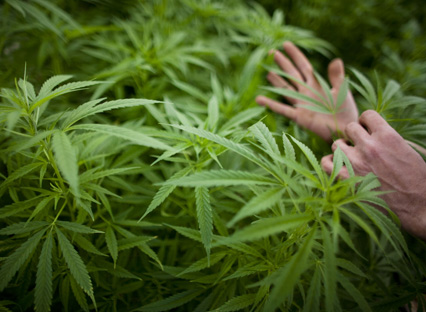
A free daily email with the biggest news stories of the day – and the best features from TheWeek.com
You are now subscribed
Your newsletter sign-up was successful
A former government drug adviser has claimed that alcohol is far more toxic and addictive than the banned substance nitrous oxide.
Professor David Nutt, who was sacked as the government’s drug tsar in 2009 after claiming that ecstasy and LSD were less dangerous than alcohol, said that what has become “very clear” over the last 10 years is that “there has been absolutely no action whatsoever on the fact alcohol is the most harmful drug”.
Nutt’s claims have been rebuked by the government, with Secretary of State for Justice Robert Buckland telling LBC: “The trouble with these contradictory messages is that people, particularly young people, get the wrong signal from those in authority.”
The Week
Escape your echo chamber. Get the facts behind the news, plus analysis from multiple perspectives.

Sign up for The Week's Free Newsletters
From our morning news briefing to a weekly Good News Newsletter, get the best of The Week delivered directly to your inbox.
From our morning news briefing to a weekly Good News Newsletter, get the best of The Week delivered directly to your inbox.
How dangerous is alcohol dependence?
American rehabilitation advisory The Addiction Center says that “addiction to beer, wine or liquor can have a very negative effect on the body and mind that is often irreversible”, adding that “studies have shown that alcohol increases the level of dopamine in the brain’s reward system by as much as 360%”.
However, body also says that heroin takes the number one spot as the most addictive substance on the planet, and has an “alarming rate of addiction, with one in four individuals who try heroin becoming addicted”.
“What makes this drug particularly dangerous is that the dose that can cause death is only five times greater than the dose required for a high.”
A free daily email with the biggest news stories of the day – and the best features from TheWeek.com
What is the economic cost of alcohol?
Alcohol is the single most economically damaging drug in the UK.
A study in 2019 showed that UK hospitals are struggling to cope with the numbers of people whose heavy drinking habits land them in A&E or mental health units. The NHS estimates that the cost of treatment runs to £3.5bn a year.
According to The Guardian, a “major review pulling together the results of 124 previous studies involving 1.6 million hospital inpatients reveals that 20% use alcohol harmfully, for instance by binge drinking, while 10% are dependent on alcohol”.
This cost to the NHS is significantly higher than all other drug misuse combined, which currently stands at around £488m per year, according to 2017 figures.
What are the health risks?
The Center for Disease Control, notes that alcohol comes with a significant risk of short-term health risks, such as motor vehicle crashes, falls, drownings, and burns.
The risk of violence including homicide, suicide, sexual assault, and intimate partner violence are also increased by alcohol.
Long term health effects caused by alcohol include high blood pressure, heart disease, stroke, liver disease, digestive problems, numerous cancers, learning and memory problems including dementia and mental health issues such as depression and anxiety.
For cannabis, negative effects can range from confusion and temporary psychological distress to an increased risk of psychotic disorders among those who use the drug heavily and regularly. However, it is unusual to die from an overdose of cannabis.
Complications thought to relate to meth include gastrointestinal complications, cardiovascular disorders and central nervous system problems.
Cocaine and crack cocaine have been linked to respiratory disorders, cardiac arrhythmias and psychiatric disorders, while dangers listed for heroin included brain damage, respiratory diseases and suppression of the immune system.
The Economist reports that alcohol’s position as the most dangerous drug in this field is “partly the result of its widespread use, which causes greater harm to others (crack cocaine is considered the most harmful drug for the user)”.
“Drugs such as heroin, meanwhile, would be ranked lower if users could always buy an unadulterated dose, and did not have to resort to sharing needles”.
How many drug related deaths are there?
The latest figures from the Office for National Statistics show that there were 4,359 deaths related to drug poisoning in England and Wales in 2018, the highest number and the highest annual increase (16%) since records began in 1993. These statistics did not include tobacco and alcohol.
This is comprised of any cases where drugs were mentioned on a person's death certificate and includes drug poisoning, as well as mental and behavioural disorders caused by the use of drugs.
Between 2017 and 2018, there were increases in the number of deaths involving a wide range of substances, though opiates, such as heroin and morphine, were responsible for the highest number of deaths at 2,208.
By contrast there were 7,551 deaths registered in the UK in 2018 that related to alcohol-specific causes, lower than the previous year’s 7,697 deaths but still the second highest since 2001.
-
 Colbert, CBS spar over FCC and Talarico interview
Colbert, CBS spar over FCC and Talarico interviewSpeed Read The late night host said CBS pulled his interview with Democratic Texas state representative James Talarico over new FCC rules about political interviews
-
 The Week contest: AI bellyaching
The Week contest: AI bellyachingPuzzles and Quizzes
-
 Political cartoons for February 18
Political cartoons for February 18Cartoons Wednesday’s political cartoons include the DOW, human replacement, and more
-
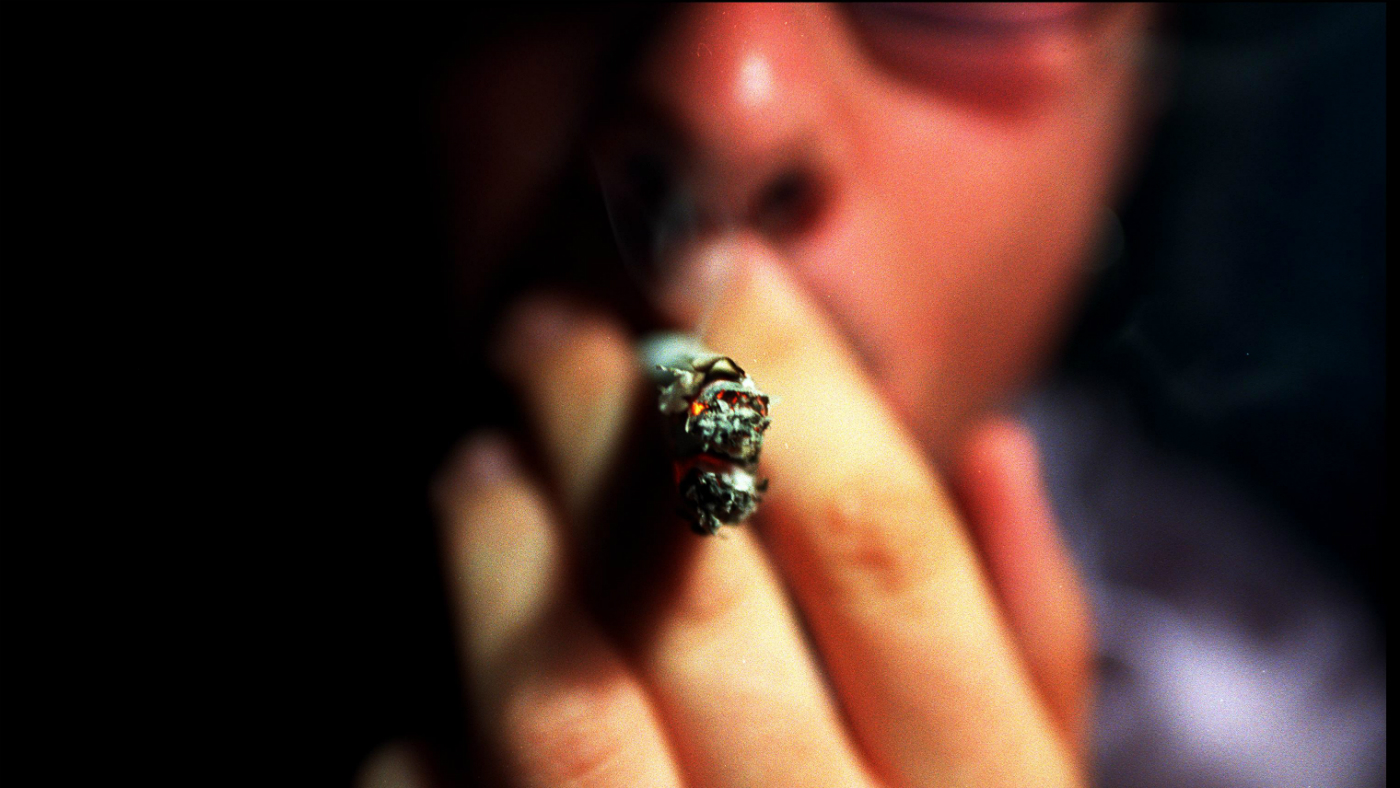 Cannabis users ‘can wake up during surgery’
Cannabis users ‘can wake up during surgery’feature And other stories from the stranger side of life
-
 ‘Love Island should take pride in including the queer community’
‘Love Island should take pride in including the queer community’Instant Opinion Your digest of analysis from the British and international press
-
 ‘Centrism is back with a fresh coat of paint’
‘Centrism is back with a fresh coat of paint’Instant Opinion Your digest of analysis from the British and international press
-
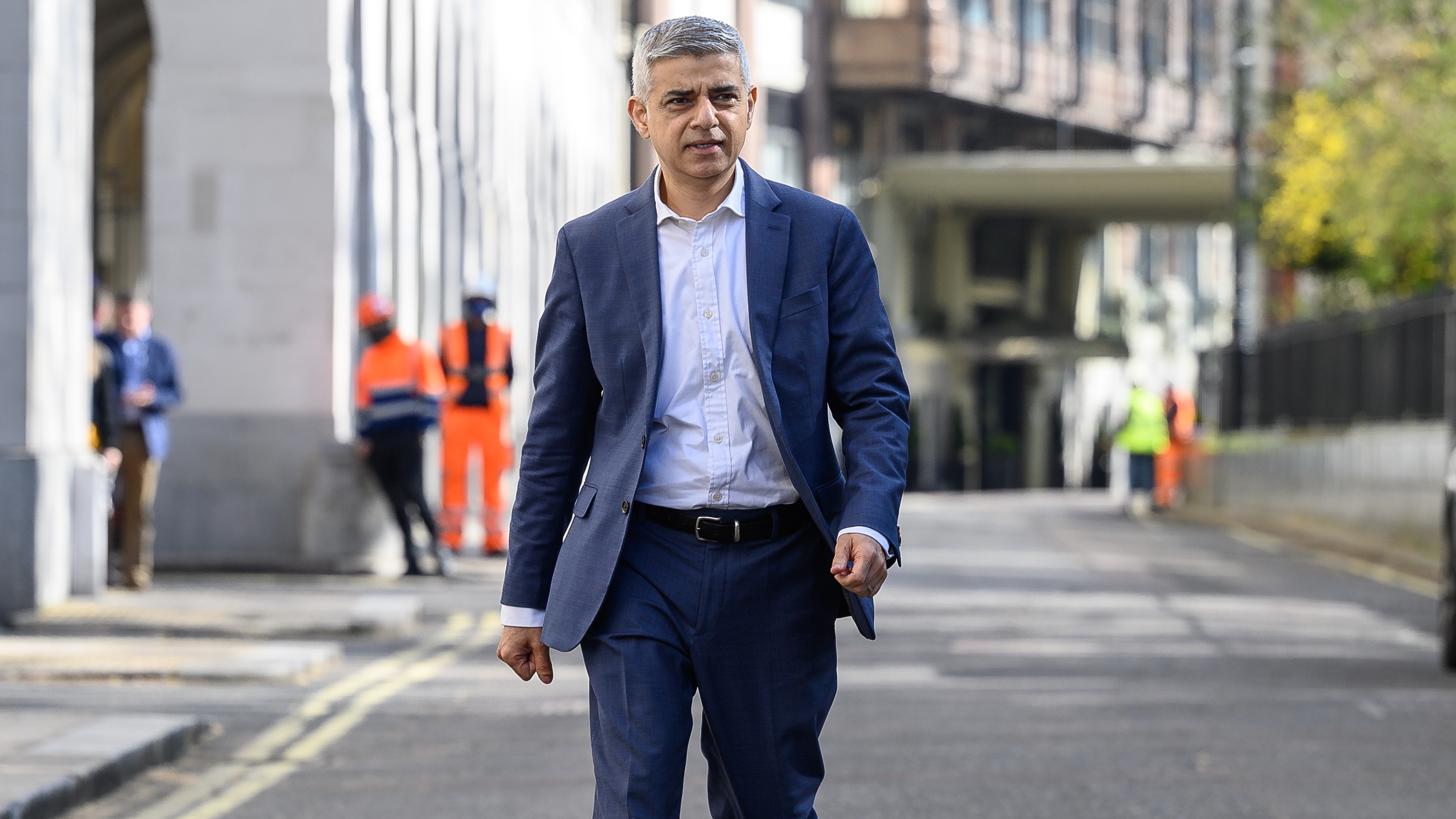 The benefits of cannabis legalisation
The benefits of cannabis legalisationIn the Spotlight London Mayor Sadiq Khan says there is widespread public support for decriminalisation of the class-B drug
-
 Wild mouse passes out after eating cannabis plant
Wild mouse passes out after eating cannabis plantSpeed Read And other stories from the stranger side of life
-
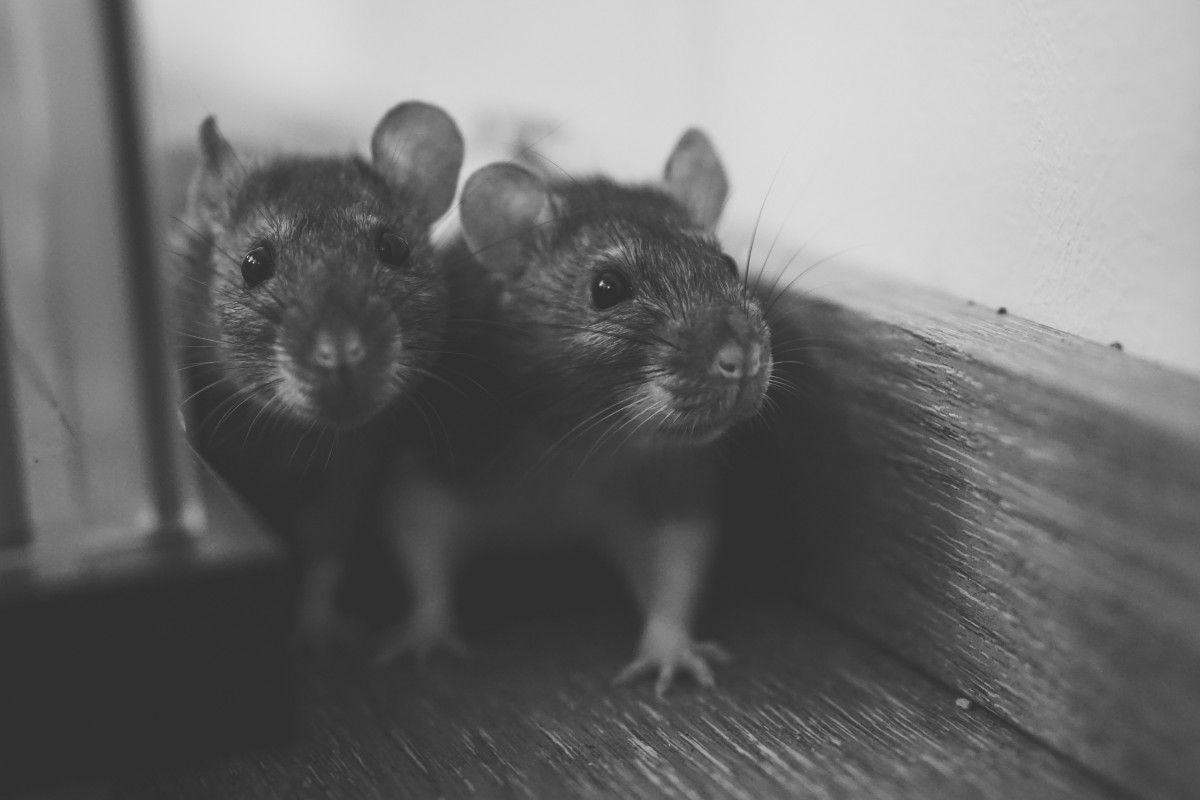 Britain being overrun by ‘randy rodents’
Britain being overrun by ‘randy rodents’Speed Read And other stories from the stranger side of life
-
 The Week Unwrapped: Electric trees, government weed and skywriting
The Week Unwrapped: Electric trees, government weed and skywritingIn Depth Could leaves power the homes of the future? Why isn’t legal cannabis catching on? And will British skies soon fill with messages?
-
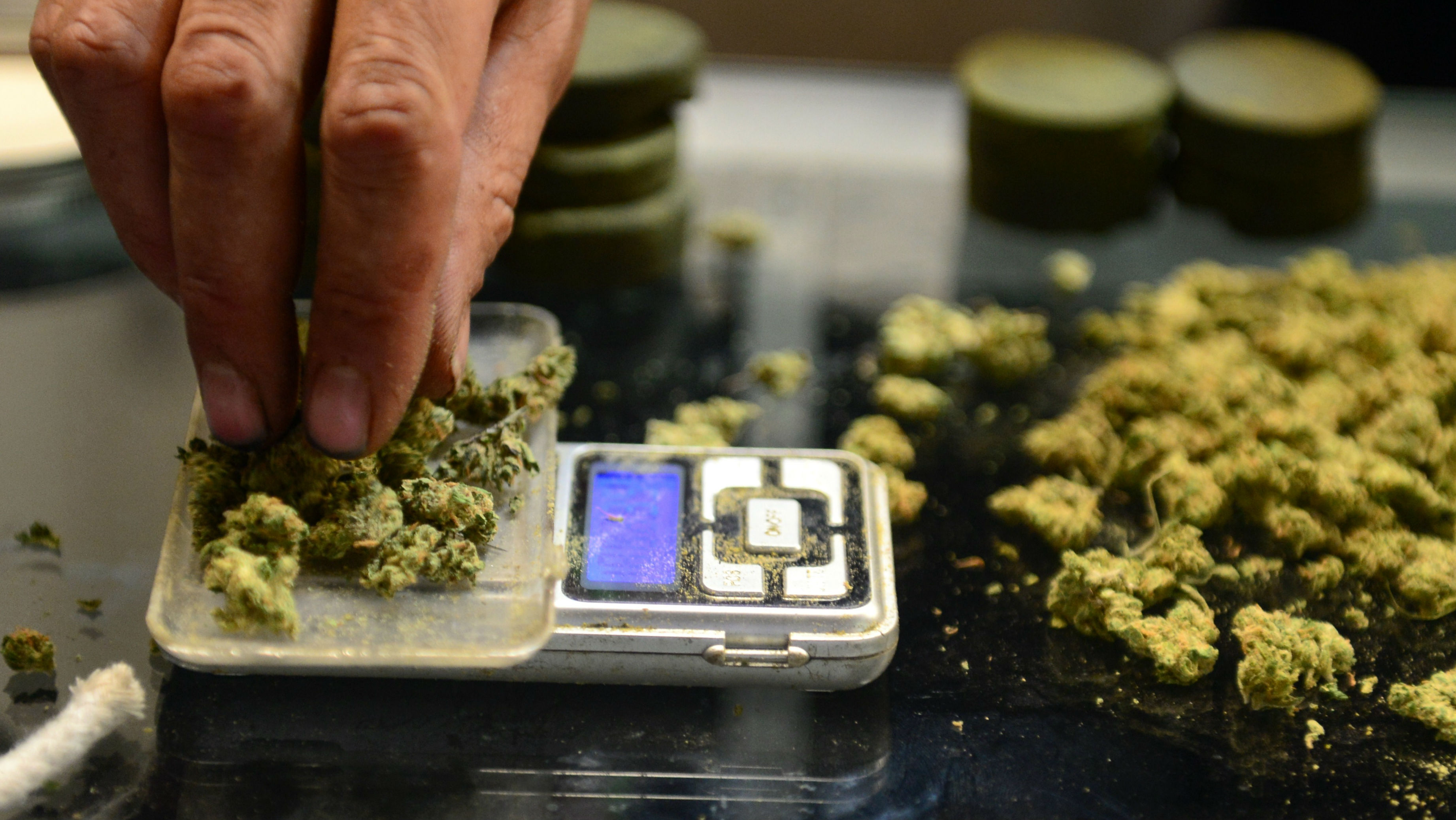 Why is Canada’s black-market cannabis market booming?
Why is Canada’s black-market cannabis market booming?In Depth Many users still buy from unlicensed dealers despite legalisation of the drug